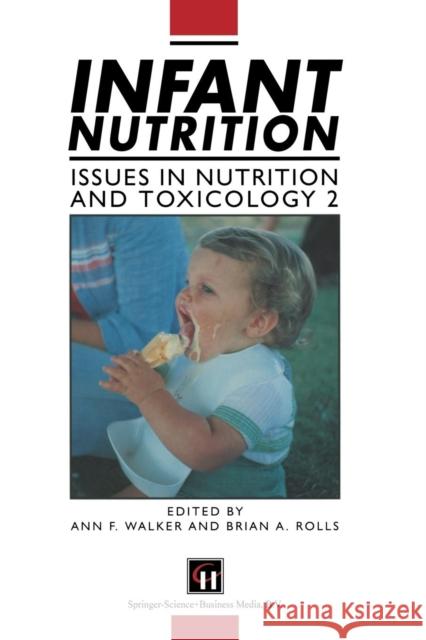Infant Nutrition » książka
Infant Nutrition
ISBN-13: 9780412591402 / Angielski / Miękka / 1994 / 228 str.
Few people doubt that the mother's milk provides the best food for the full-terrn infant during the first few months of life, when the digestive, absorptive and excretory systems are relatively immature. The develop- ment of the digestive enzymes is detailed in Chapter 4. The significance of this immaturity first emerged as a consequence of the pioneering work of Professor Robert McCance and Dr Elsie Widdowson in human nutrition, when they studied the electrolyte and nitrogen excretion of babies and young animals. To quote Professor McCance, 'Inefficient though the kidneys were by adult standards, they were capable ofmaintaining homeo- stasis, provided the infant and animals were growing while being fed on food of exactly the right composition - that is, the milk of the mother. ' (Ashwell, 1993). One should not forget that although the mother protects the developing baby against much nutritional abuse, the baby may be still be affected by matemal nutrition, and this is discussed in Chapter 2. The superior qualities of breast milk are still recognized, and research continues to discover yet more factors in breast milk significant to the health of the baby for possible inclusion in formulas. The immature stage of development ofthe baby means that while enough nutrients for optimal growth of all tissues are required, excessive quantities may cause intoxica- tion. Tight specifications are essential, since unlike the adult the newbom depends on a single food.











